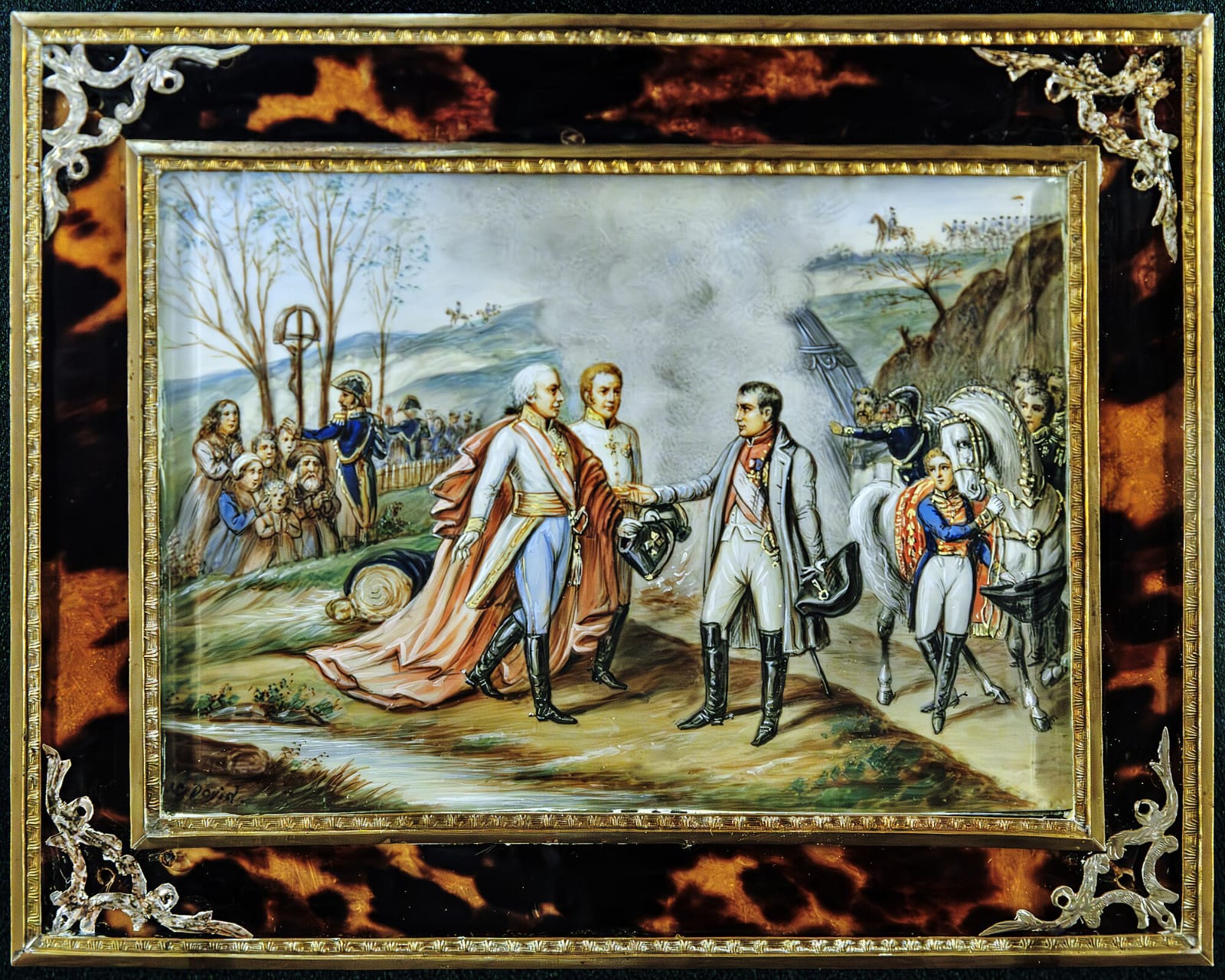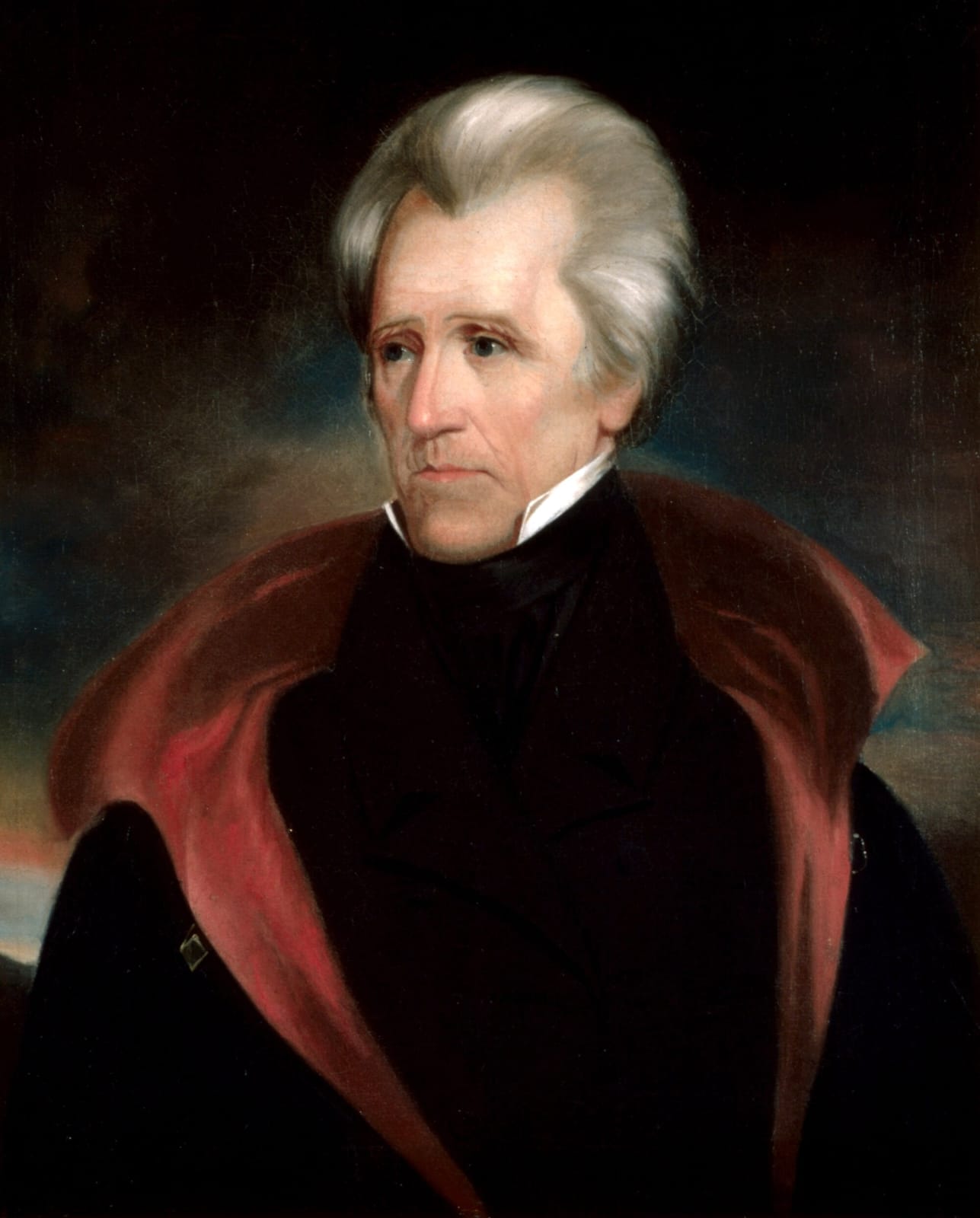Ah, December 26. For most, it’s a day spent recovering from holiday feasts or scrambling to the stores for postChristmas deals. But if you dig into history, you’ll find this day packed with monumental moments—from battlefield triumphs to bizarre firsts that changed the world forever. Let’s dive into these mindblowing events that make December 26 a lowkey powerhouse of a date.
1606: Shakespeare Brings the Drama to Christmas Court
Picture this: It’s the day after Christmas, 1606. England is cold, dreary, and buzzing with holiday energy. King James I and his court are gathered for what’s about to be the hottest ticket of the season: the debut of King Lear. The legendary William Shakespeare rolls up with his cast of actors, ready to drop one of the most tragic plays ever written.
Think your post holiday blues are bad? Imagine watching a story about betrayal, madness, and a king who loses everything in front of your royal pals. Shakespeare didn’t just bring the drama—he invented it. Little did anyone know that this single performance would echo through the centuries, setting a gold standard for tragedy on stage.
1776: Washington’s Epic Surprise Attack
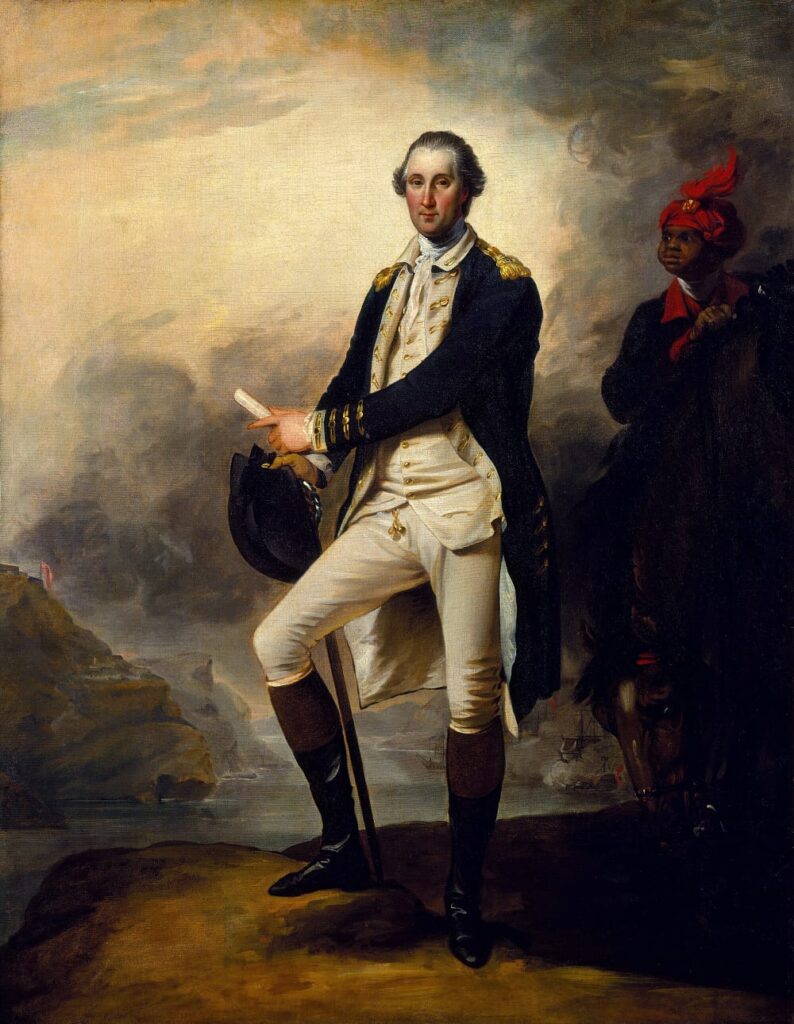
George Washington wasn’t just crossing the Delaware River that icy December day; he was pulling off one of the most daring military moves in history. With his troops freezing, starving, and barely holding on, Washington decided to take on the Hessian troops at Trenton. Spoiler alert: he won.
This wasn’t just a “W” for the Revolutionary War—it was a moraleboosting mic drop that changed the game for the Continental Army. Who knew December 26 would become the ultimate comeback story?
1898: The Curies Go Nuclear (Literally)
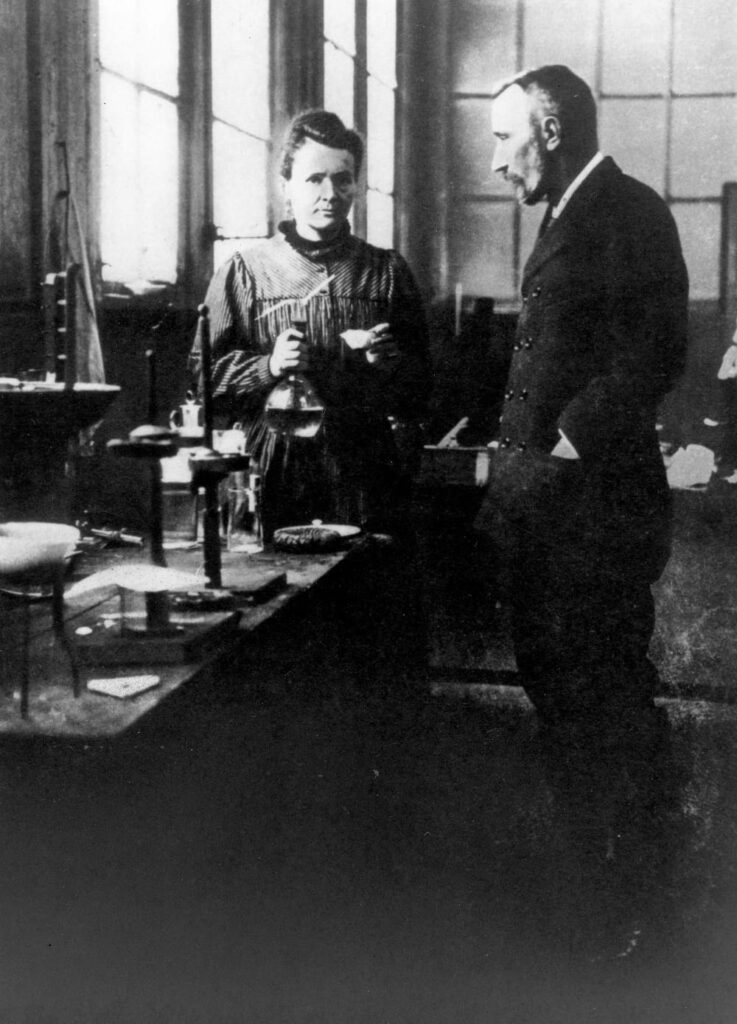
Marie and Pierre Curie were the original power couple, and on December 26, 1898, they shook the scientific world to its core. The duo announced their discovery of radium—a radioactive element that would revolutionize medicine and physics while accidentally becoming the reason glowinthedark watches were way too deadly for their own good.
What’s even crazier? They did this while working in a drafty shed with barely any funding. Who needs a fancy lab when you’re literally holding glowing rocks of the future?
1919: Babe Ruth Breaks Boston’s Heart
Baseball fans still haven’t recovered from this one. On December 26, 1919, the Boston Red Sox made what’s arguably the worst sports trade in history, selling Babe Ruth to the New York Yankees. The deal not only kicked off the Yankees’ legendary winning streak but also cursed the Red Sox with 86 years of heartbreak.
Why did they do it? Rumor has it the team’s owner needed cash to fund a Broadway musical (No, No, Nanette, if you’re curious). Imagine trading the greatest player of all time…for show tunes.
1946: Bugsy Siegel Bets Big on Las Vegas
Las Vegas wasn’t always the glitzy paradise we know today. On December 26, 1946, mobster Bugsy Siegel cut the ribbon on the Flamingo Hotel, planting the seed for modern Vegas. But here’s the catch: the opening was a total flop.
Siegel’s dream of a luxury resort in the middle of the desert seemed absurd at the time, with guests complaining about unfinished rooms and service that made gas station bathrooms look fancy. Yet, the Flamingo eventually found its groove, proving Bugsy wasn’t so crazy after all.
2017: Gaming Disorder Becomes Officially “A Thing”
In a move that sent gamers into a collective side eye, the World Health Organization announced on December 26, 2017, that excessive gaming could be classified as a mental health disorder. Cue the outrage.
Is gaming addictive? Sure. But enough to be a disorder? Debates raged, Twitter exploded, and Reddit threads got very heated. Meanwhile, gamers everywhere said, “BRB, just one more round,” and carried on.
1135: King Stephen’s Crowning Chaos
Picture medieval England: Henry I dies, leaving his daughter Matilda as the heir to the throne. But wait—her cousin Stephen of Blois isn’t about to let a woman take the crown. On December 26, 1135, Stephen decides, “Nah, this throne is mine,” and gets himself crowned king.
What follows is 19 years of absolute chaos known as The Anarchy. Castles were sieged, loyalties shifted faster than TikTok trends, and England plunged into civil war. Matilda might not have won, but she set the stage for her son Henry II to take the throne later. Game of Thrones, who?
1805: Austria Signs the Treaty of Pressburg
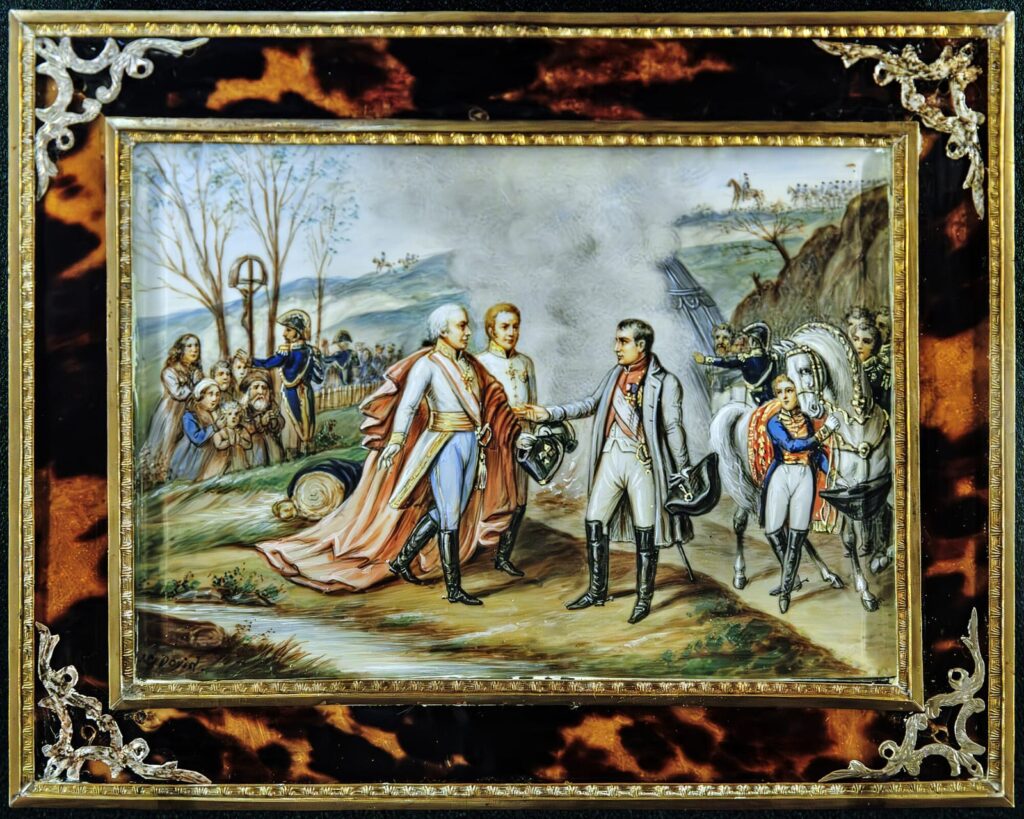
Napoleon was on fire in 1805. Fresh off his victory at the Battle of Austerlitz, he forced Austria to sign the Treaty of Pressburg on December 26, effectively dismantling the Holy Roman Empire and redrawing the map of Europe.
Austria had to give up land, pay a massive indemnity, and basically admit that Napoleon was that guy. While it was a crushing defeat for Austria, it marked the height of Napoleon’s dominance, reshaping Europe’s power dynamics for years.
1919: The Prague Christmas Rebellion
Not all revolutions are loud and successful. On December 26, 1919, Czechoslovak soldiers in Prague staged an uprising against the new government. Why? PostWorld War I tensions were high, and many soldiers were frustrated with the slow pace of reforms in the newly formed republic.
The rebellion was quickly crushed, but it highlighted the fragile state of Europe after the Great War. While it didn’t lead to immediate change, it underscored the growing pains of nations trying to find their footing in the postwar world.
2004: Europe’s Role in Tsunami Relief
When the devastating Indian Ocean tsunami struck on December 26, 2004, Europe sprang into action. Countries like Germany, Sweden, and the UK mobilized one of the largest humanitarian efforts in history, sending aid, rescue teams, and donations to affected regions.
But here’s the wild part: the disaster exposed how interconnected the world had become. European tourists caught in the tsunami brought the tragedy home, creating an unprecedented wave of global solidarity. It was a moment where Europe proved that even in the face of distant disaster, unity could shine through.
The Legacy of December 26
So, what does all this tell us? December 26 is more than just the day after Christmas—it’s a launchpad for bold moves, groundbreaking discoveries, and jaw dropping decisions that still ripple through history. Whether it’s Shakespeare redefining tragedy, Washington taking big risks, or Marie Curie casually revolutionizing science, this day proves that greatness doesn’t take a holiday.
And hey, next time you’re nursing your holiday hangover, just remember: December 26 is out here changing the world while you’re still in your pajamas.
